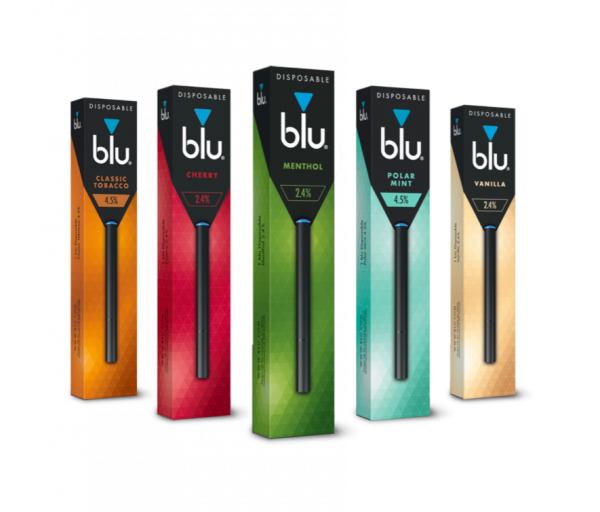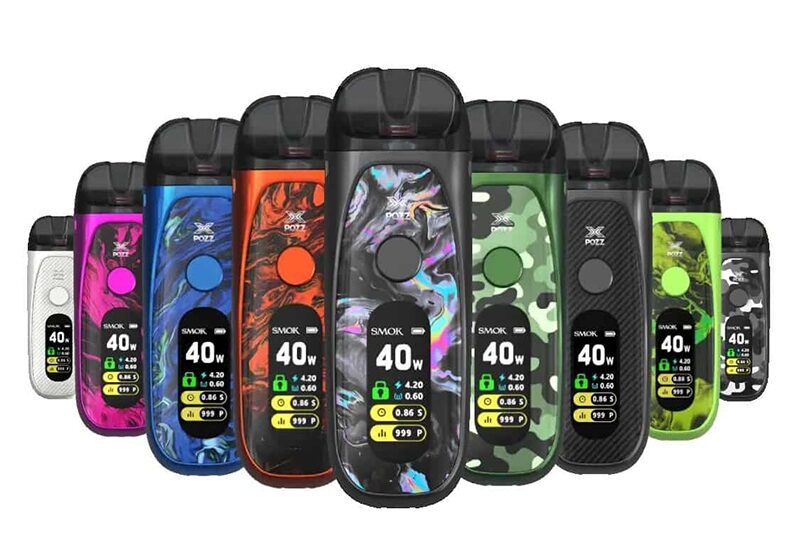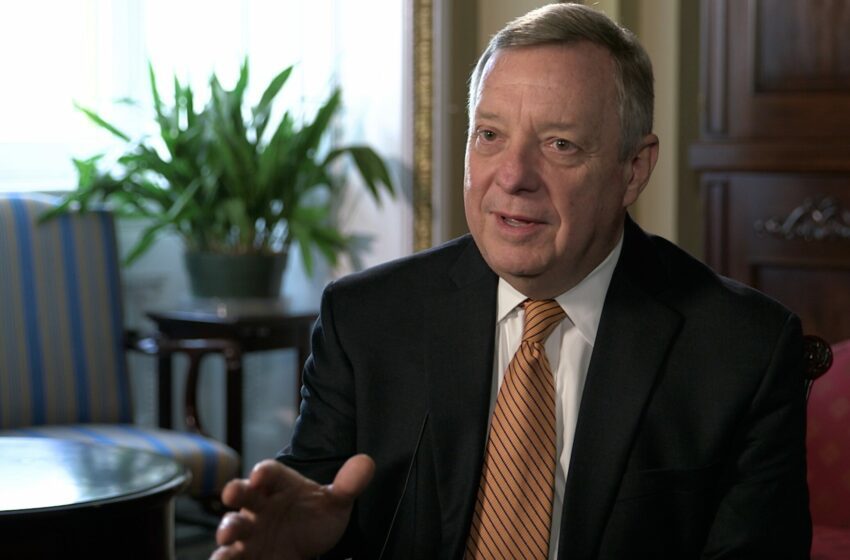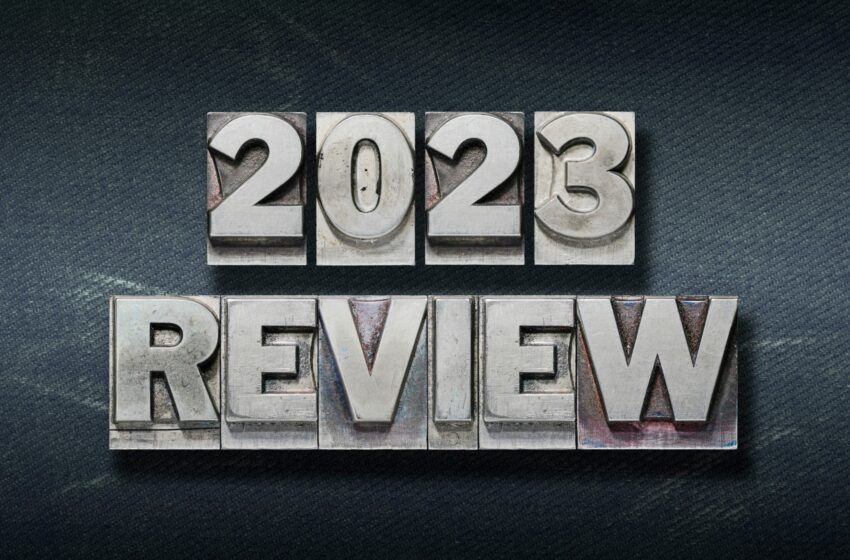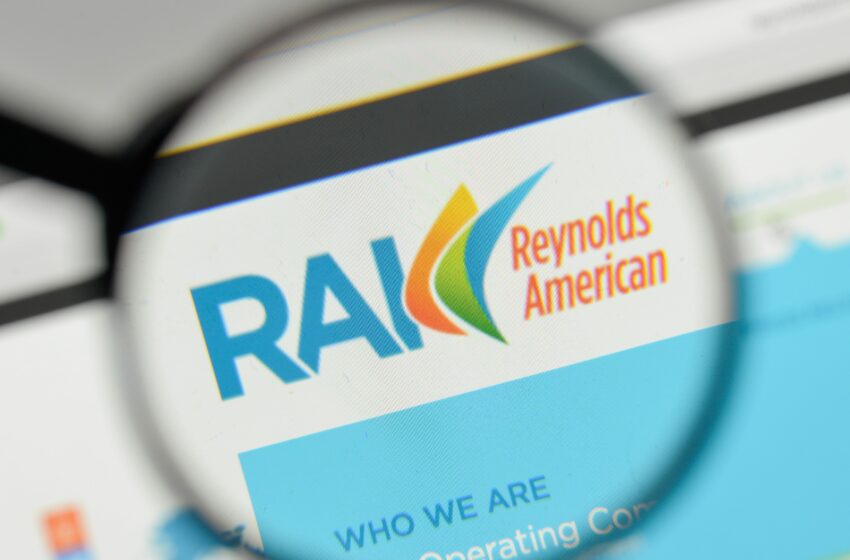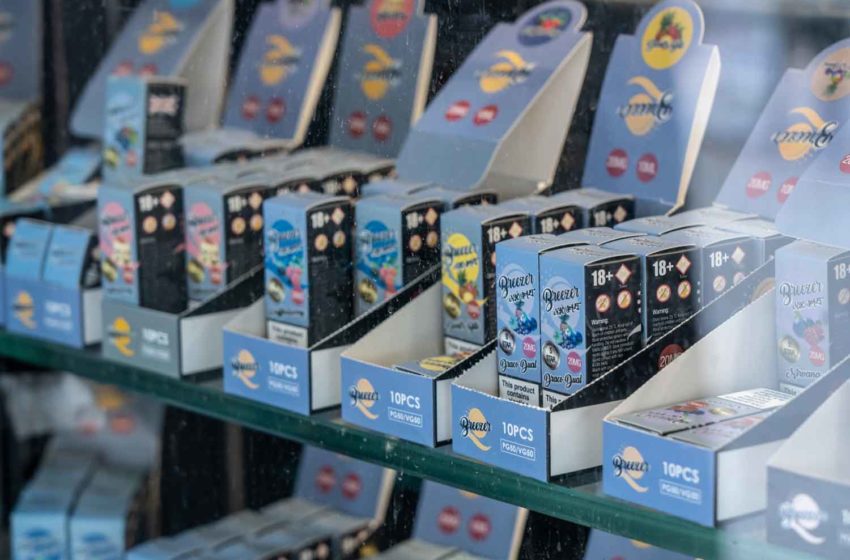Blu parent Fontem is expected to appeal the regulatory agency's decision.Read More
Tags :FDA
The FDA says it took action after the retailers received warning letters.Read More
The marketing denial violates the violates the Administrative Procedure Act, says Bidi. Read More
The FDA stated that it would file another required status report on or before April 22.Read More
Denials were issued due to lack of a specific e-liquid to be used with the devices.Read More
Durbin also called on the Biden Administration to implement a proposed menthol ban.Read More
Regulatory challenges and misinformation continued to test the vaping industry in 2023.Read More
The agency based its marketing denial on 'sound scientific judgements,' says court.Read More
The firm wants the International Trade Commission to stop U.S. imports of disposable vapes.Read More
“Disposables have changed the game,” shop owner said, “and ... reduced the role of vape shops." Read More
